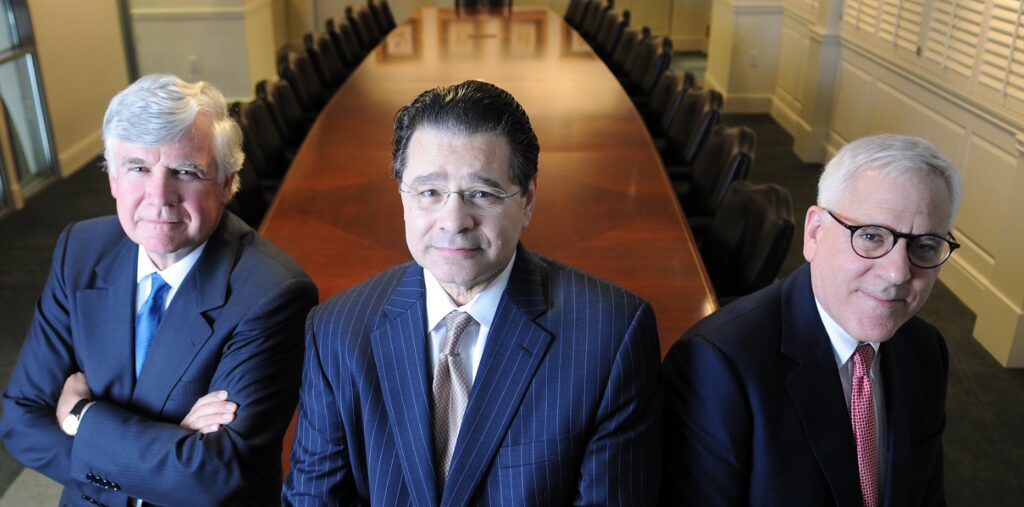
News of a chief executive’s resignation following a failed bid for more pay reminded me that back in April, the FT’s Brooke Masters wrote an article about the difficulties faced by both governments and shareholders reining in the excesses of corporate pay. Noting that in 2021 it was possible to believe that “corporate sermonising about the need to look beyond pure profit was beginning to bear fruit”, “that the pandemic had prompted most corporate chieftains to show financial restraint” and that CEO pay in the FTSE 100 had dropped by 10%, she noted that the tide had turned.
Her article was triggered by controversy around the salary to be paid to Carlos Tavers of carmaker Stellantis which attracted the ire of French presidential election candidates and was voted down by shareholders. But this contrasted with larger remuneration packages in Stellantis’s US domiciled competitors, and much large packages in the tech giants.
These big packages have been facing challenges from shareholders. Masters reports that 18% of US companies with revenue in excess of $50 billion failed to get a majority voting in favour of their executive salary resolutions, and there was a 20% increase in shareholder protest votes on pay in Europe. But often these have no effect and merely advisory, with no pain felt by boards that fail to comply with the expressed shareholder will. She indicates that she feels that the pressures for restraint in public companies are insufficient, completing her article by giving the impression that the promise from the Stellantis board that the shareholders’ vote would be “taken into account” in next years’ pay report suggests that shareholders are not being taken seriously.
In contrast, the response on 7 August of the founders of private equity company Carlyle Group to the attempt to extract economic rent from shareholders, otherwise described as a pay claim worth $300m over five years, submitted by chief executive Kewsong Lee, suggests a that they have some backbone. Admittedly, Bill Conway, David Rubenstein and Daniel D’Aniello are all billionaires and can absorb the immediate response of the stock market, a 10% decline in the share price, to the announcement of Kewsong Lee’s departure, but some of this soon recovered and the price remains 13% above the price one month ago.
But given that there is a vacancy at Carlyle and that Kewsong Lee received a total of $42 million last year (mostly in stock awards, but a fair bit of leverage on the base salary of $275,000), anyone willing to exercise a little restraint in the face of some hard-nosed shareholder may want to apply.